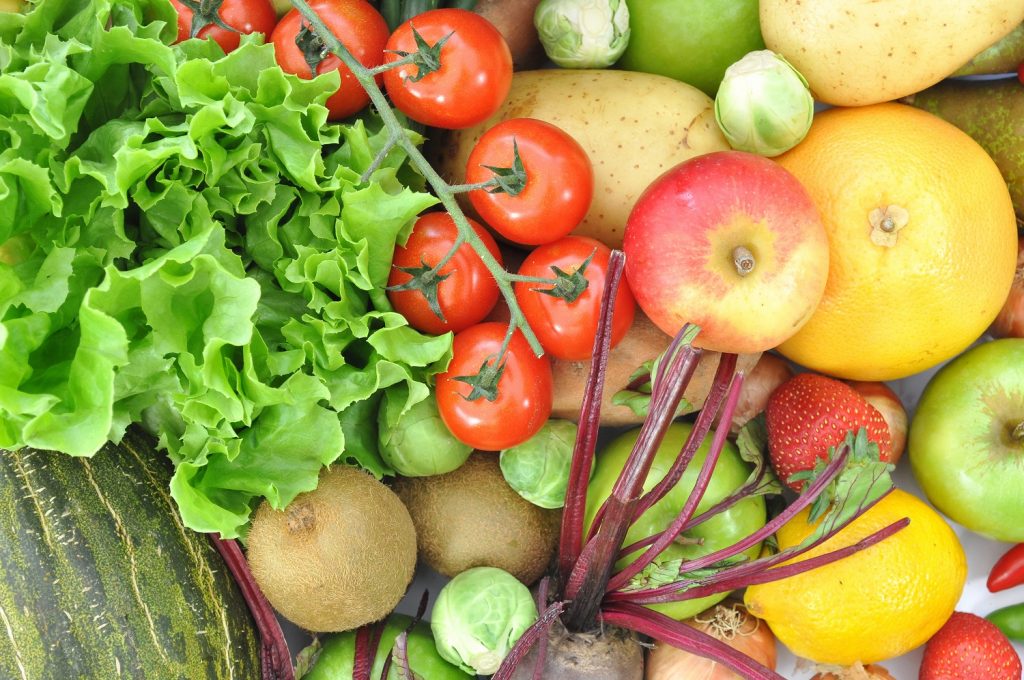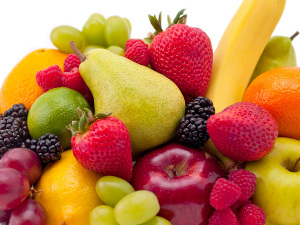New method developed for organic fraud detection

Danish researchers have developed a method to help combat fraudulently-labelled organic foods.
The method provides a deeper, more accurate portrayal of whether produce is indeed organic, according to the scientists.
“While a major eco-labelling scandal has yet to occur in Denmark, we often forget that our diet is sourced globally, and that our foods are often imported from countries where problems have been documented," said Kristian Holst Laursen, an assistant professor at the University of Copenhagen who has been developing food fraud detection methods for the past decade.
"Our method can be used to distinguish organic vegetables from conventionally farmed produce by looking at how plants have been fertilised."
Much improved fraud-detection method
The new method focuses on the isotope signature in a plant by isolating sulfate, a chemical compound that can reveal how a particular plant was grown. Humans, animals and plants all have isotope signatures that provide information about the environment in which we live and how we live.
The current means of finding out whether an item is organic or not focuses on identifying pesticide residue.
According to Laursen, this method is far from secure. For example, pesticides on a neighboring field or traces from former conventional production can taint crops.
Moreover, pesticide residue analysis cannot reveal if all the regulations have been followed, like the absence of inorganic fertilizers.
"Our method does not reveal whether pesticides have been used, but whether organic plants have been fertilized correctly. As such, the method complements existing analytical controls and, overall, provides a much more detailed picture of the growing history," explains Kristian Holst Laursen.
The scale of organic fraud in food systems is unclear. But there have been a number of high-profile cases in developed markets like the U.S. recently. This led the Organic Trade Association to form an anti-fraud task force in 2017.
"Nobody really knows the extent of this type of fraud," Laursen said. "But we have seen bad examples from abroad that extend well beyond organic products. Rice made of plastic, wine with toxins, artificial honey, etc.
"It is clear that when you pay a higher price, you expect the product that you are paying for. And, of course, honest producers must be protected."
Laursen's research group is currently working with the Danish Veterinary and Food Administration. The method is ready for further testing, approval and use by public agencies and commercial interests.















































